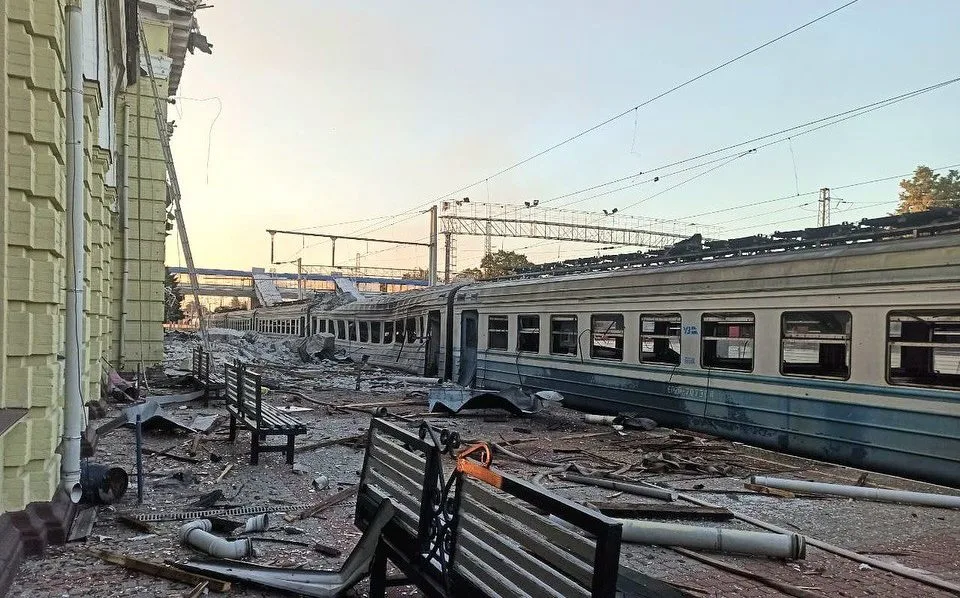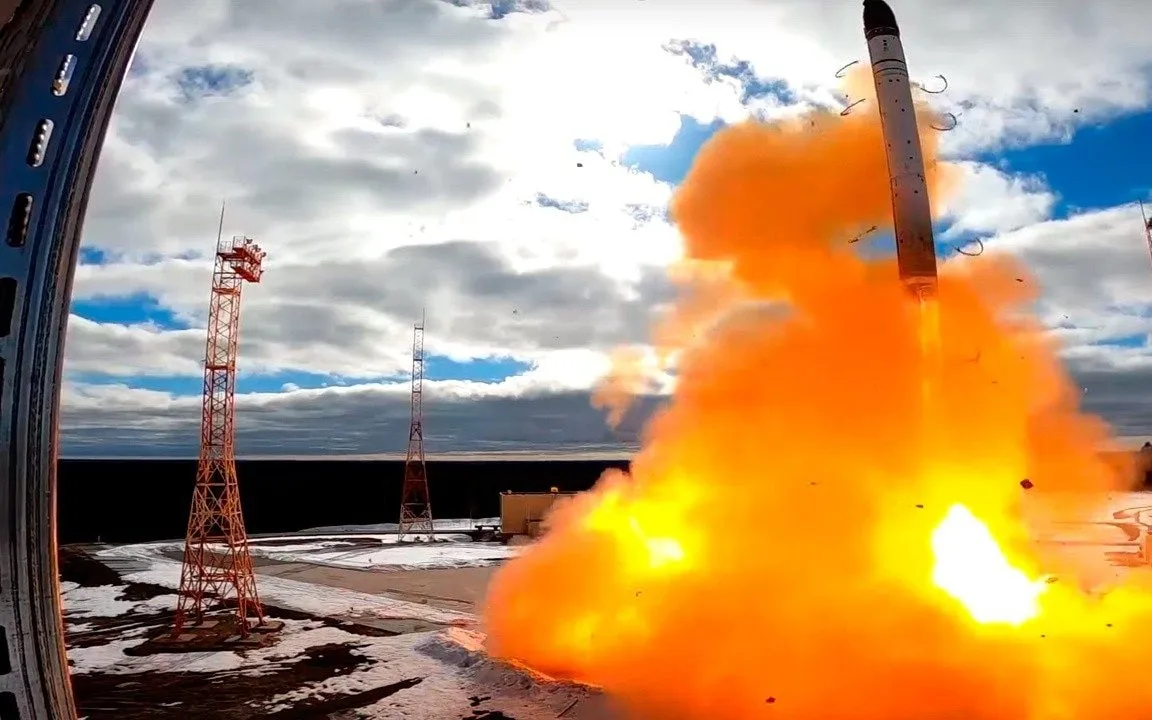Russia has formally exited a long-standing international treaty that restricted the deployment of short- and medium-range nuclear missiles, signaling a new phase of military posturing and warning Western nations to brace for further actions.
The announcement comes as Russian missile strikes continue to bombard Ukraine. Former Russian president Dmitry Medvedev—now deputy chair of Russia’s Security Council—blamed NATO countries for pushing Moscow to abandon the Cold War-era agreement. His remarks follow the Russian foreign ministry’s declaration that the country no longer considers itself bound by the self-imposed ban on deploying such weapons.
Medvedev, posting in English on the social platform X, stated:
“The Russian foreign ministry’s statement on the withdrawal of the moratorium on the deployment of medium- and short-range missiles is the result of NATO countries’ anti-Russian policy. This is a new reality all our opponents will have to reckon with. Expect further steps.”

While Medvedev did not elaborate on what those “further steps” might be, his increasingly aggressive rhetoric marks a sharp contrast to his earlier image in the West as a moderate during his presidency.
The U.S. originally withdrew from the Intermediate-Range Nuclear Forces (INF) Treaty in 2019, citing repeated Russian violations. In response, Russia announced at the time that it would also abandon the pact, but pledged not to deploy such weapons unless the United States did so first.
Now, with tensions rising, Russian Foreign Minister Sergei Lavrov suggested last December that Washington’s military actions had altered the security landscape. According to the Russian foreign ministry, “The conditions for maintaining a unilateral moratorium on the deployment of similar weapons have disappeared,” citing the potential deployment of U.S. ground-based intermediate-range missiles in Europe and the Asia-Pacific region as destabilizing.
Originally signed in 1987 by then-Soviet leader Mikhail Gorbachev and U.S. President Ronald Reagan, the INF Treaty banned all land-launched missiles with ranges between 500 and 5,500 kilometers (311 to 3,418 miles), significantly reducing the threat of a nuclear arms race in Europe.
Meanwhile, the war in Ukraine continues to escalate. Russian strikes overnight hit a railway station in the eastern Ukrainian city of Lozova, killing a maintenance worker and injuring four others, according to Ukrainian Railways. The attack was described as the most intense the city has faced since the conflict began.
“The railway infrastructure of Lozova suffered a massive attack by Russian terrorists,” read a Telegram message from the railway company. Two children were reportedly among the injured, and damage was also sustained in nearby residential areas. Lozova Mayor Sergiy Zelensky called it the city’s most severe assault since the onset of the invasion.
In a separate incident, two people were wounded in a Russian drone strike on Zaporizhzhia, local military officials said. Ukraine’s air force reported that 29 Iranian-designed Shahed drones were shot down overnight across the north and east of the country.
These developments unfold as former U.S. President Donald Trump has threatened additional, unspecified sanctions unless Russia takes concrete steps toward ending the war in Ukraine. Trump recently disclosed that he had ordered the deployment of two nuclear submarines to “appropriate regions” in response to threats made by Medvedev regarding the potential for nuclear conflict.
Despite several rounds of failed peace negotiations in Istanbul, the two sides remain far apart. Nevertheless, Trump confirmed that his envoy, Steve Witkoff, will travel to Russia this week, where he is expected to meet with President Vladimir Putin in another attempt to open diplomatic channels.



